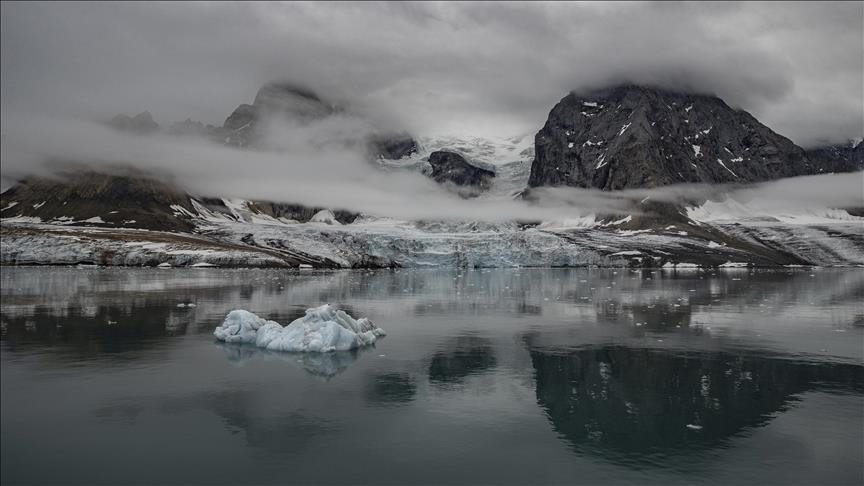Global Courant
ISTANBUL
A Turkish academic said climate change is causing a significant increase in glacier melting, which indirectly triggers forest fires.
The gradual melting of the polar ice caps, which prevent the world from overheating by reflecting about 80 percent of the sun’s rays, affects the hydrometeorological balance, increasing the number and frequency of extreme weather events. Turkey’s Boğaziçi University Climate Change and Policies Application and Research Center told Anadolu.
These weather events, which manifest themselves as temperature increase, drought, change in precipitation regime and strong wind, are important factors causing forest fires.
Türkeş said that the ice sphere, which consists of polar, continental glaciers, glacial shields and sea glaciers, and Alpine valley glaciers in the high mountains, is one of the components that make up the climate system.
For the glaciers to survive, it must snow, and there must be a climate that will allow the snow to stay on the ground for a while and to take place in the mountains around the glacier.
“The problem starts here,” said Türkeş, adding, “The glaciers in many parts of the world are shrinking in volume and area due to the warming of the climate in the last 50 years, the decrease in snowfall and the warming of the air even though it snows. They are melting rapidly and the glaciers are not fed because the temperatures are increasing.”
Explaining the recent situation in Turkey, he said, “If the glaciers continue to melt at this rate, the poles will warm up in the next century and a world where they will melt completely will be maybe 10 degrees warmer than today.”
This means that tropical, very hot, very dry weather will take the stage in the country,” he said.
serious crisis
Emphasizing that heat and drought cause a serious crisis in agriculture, a rapid decline in agricultural productivity, a decrease in water resources and the expansion of forest fires in terms of area and period, Türkeş warned that the risk of forest fires will prolong from mid-spring. for a longer period until mid-autumn and the risk of major fires will also increase.
“While forests are a carbon sink, carbon dioxide is also released into the atmosphere when burned,” said Çavuşoğlu.
In a warmer world, evaporation is rapid and massive, leading to floods and landslides, he said.
“If climate change cannot be prevented, the adverse events observed today will accelerate and we will begin to experience the worst scenario before the end of the century,” he warned.
drought risk
Turkey Istanbul University-Cerrahpaşa Faculty of Forestry Department of Forestry Engineering Faculty Member Yusuf Serengil told Anadolu Agency (AA) that although polar glaciers do not have a direct effect on forest fires, they have an effect on the seasons.
Pointing out that evaporation increases as the temperature increases, the President said, “Therefore, there is a dry period.”
“Drought is a comparison of evaporation and temperature, and critical here is increased evaporation, which is an extra stressor.” over our streams.”
Noting that climate change is a critical factor in forest fires, he said, “The fire season in Turkey starts at the end of May and lasts until the end of September.”
“The warmer winter months extend the fire season into October.”
Serengil stated that with the melting of the polar glaciers, more water enters the environmental system and the system accelerates more with the energy it receives from the sun, causing more heavy rains in a shorter time.
“I expect a very serious drought in Turkey in the next 10 years,” he said.
*Written by Merve Berker
Only some of the news presented to subscribers in the AA News Broadcasting System (HAS) and in summary form are available on the Anadolu Agency website. Please contact us for subscription options.








